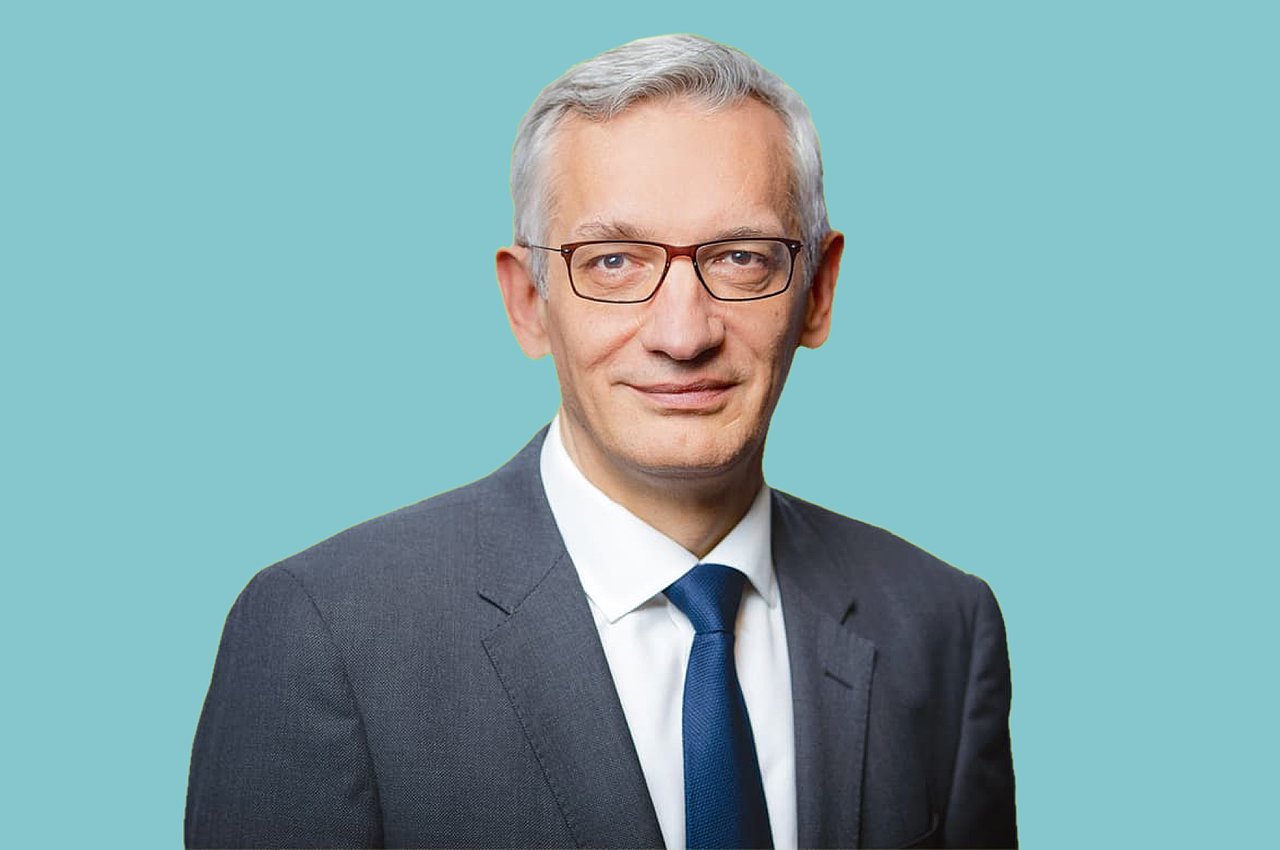Dear readers,
All of you, indeed all of us, are used to taking action; used to analysing ‘the situation’, drawing conclusions and organising development. We work hand in hand with our partner countries on making the world a better place, in many communities across different regions. GIZ made a major contribution to this in 2019. Now we are facing new challenges.
The coronavirus pandemic took us all by surprise. We can draw certain conclusions from the timeline of the pandemic, but we don’t know enough about its causes and are a long way away from having effective, ready-to-use vaccines. However, our understanding of crisis management does present opportunities, because we operate within a learning system.
We have the ability to manage crises, especially as part of an ongoing process. We proved that when HIV and Ebola were at their height. Moreover, in GIZ we have an excellent actor on the ground – in our partner countries, and in particular in Africa, where it is vital to act swiftly and efficiently to protect truly vulnerable communities. I would like to take this opportunity to thank all GIZ staff who continue to work in the field in our partner countries, achieving so much every day.
We have introduced measures to prevent local health systems from collapse, in the form of the BMZ Emergency COVID-19 Support Programme. Experts suspect that the actual number of people infected in Africa is much higher than the official figures suggest, especially as there are very few laboratories, ventilators or intensive care beds. When supply chains grind to a halt overnight, jobs fall away and at the same time food prices rise as products become scarce, many people go hungry even before the pandemic threatens their lives.
This is why, as a first step, we have redirected more than EUR 1 billion within our own budget to invest in seven relevant areas: health care and pandemic response, food and nutrition, stabilisation of refugee and crisis regions, social protection and jobs, key sectors of regional economies, maintaining our partner countries’ liquidity, and multilateral cooperation.
The coronavirus crisis is revealing where and to what extent our global society is open to attack – and it shows that we have to invest in security, first and foremost in developing countries, to prevent suffering and displacement. The post-coronavirus world will be different, indeed it must be. We are all now more aware than ever before that the interplay between globalisation, climate change, urbanisation and species decline promotes the spread of infectious diseases, zoonotic diseases and pandemics. Understanding this and adopting an appropriate response is the truly global challenge now.
Our development cooperation is facing a tough test: will the goals that we have achieved and our projects withstand the impacts of the pandemic? How quickly will our emergency measures take effect? And how will our other areas of work be affected?
In September 2019, at the Climate Summit and SDG Summit in New York, the UN called for a ‘decade of action’. Greater effort is needed if the 17 Sustainable Development Goals (SDGs) are to be met by 2030. The pandemic will make it more difficult for us to achieve all the SDGs. And yet, they continue to be the guideline and programme of action for a sustainable world where everyone is able to live a decent life while respecting the limits of the planet. We will all have to redouble our efforts if we want to achieve the SDGs by 2030.
Sustainability has taken its place at the centre of society
In 2019, young people in particular took part in worldwide climate protests demanding greater commitment so that they, too, could still look forward to a good future on our planet – in Africa, Asia and Latin America as elsewhere. And the protests are continuing. We need living wages, compliance with environmental standards, and safe working conditions in global supply chains. When we introduced the Green Button label in September 2019, we took an important step towards greater sustainability in the global textile industry. Sustainability remains a key issue, even – or perhaps especially – when we are dealing with the effects of the crisis. ‘Green recovery’ is the new catchword, and we want to make use of Germany’s Presidency of the EU Council to continue promoting sustainability – for instance expanding and modernising the partnership between the EU and Africa against the backdrop of the European Green Deal. In that way we could actually emerge from the crisis stronger than before.
May I express my thanks to GIZ’s staff who, with their experience, reliability and sensitivity, are working to achieve precisely this goal both in Germany and around the world.
Best regards,
Chair of the GIZ Supervisory Board
State Secretary in the German Federal Ministry for Economic Cooperation and Development
